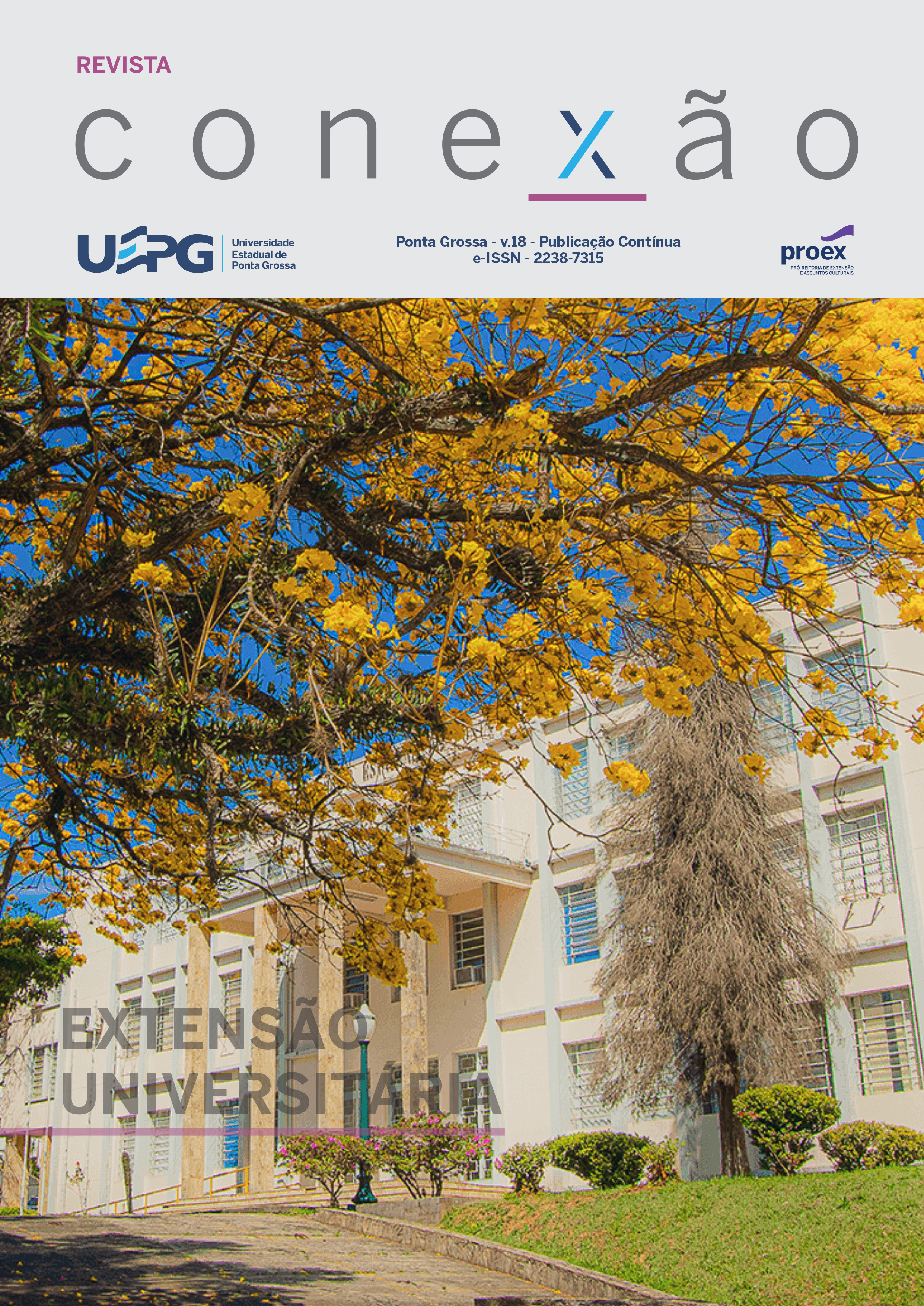PERCEPTIONS ABOUT COGNITION AND QUALITY OF LIFE IN THE ELDERLY AFTER A MUSIC THERAPEUTIC INTERVENTION
DOI:
https://doi.org/10.5212/Rev.Conexao.v.18.19597.005Abstract
This research aims to analyze the representations of elderly people about cognitive aspects and the perception of quality of life after a music therapy intervention. Method: analysis of a post-music therapy intervention interview with twenty retired elderly people, participants of a state government Viver a Vida program, using the IRaMuTeQ software and Bardin's content analysis. Results: the most evoked word was 'music', as from it all perceptions were possible. Next to it were the strongest relation and frequency words presented in the speeches, such as 'improve', 'help', 'search' and their relative orbits such as 'attention', 'physical', 'memory', 'remember', ' singing' and 'life', showing that for the participants, music therapy can positively influence several cognitive, health and quality of life aspects in general. Conclusion: the music therapy intervention allows the participant to experience a new way of healthy living.
KEYWORDS: Music therapy; elderly; cognition; quality of life.
Downloads
Downloads
Published
Issue
Section
License

This work is licensed under a Creative Commons Attribution 4.0 International License.
a) Authors retain copyright and grant the journal right of first publication with the work simultaneously licensed under a Creative Commons Attribution License that allows others to share the work with an acknowledgement of the work's authorship and initial publication in this journal.
b) By submitting an article to the Revista Conexão UEPG and having it approved, the authors agree to assign, without compensation, the following rights to the Journal: the rights of first publication and the rights to redistribute the article and its metadata to the indexing and reference services that the editors deem appropriate.
c) Readers are free to transfer, print out and use the articles published in the Journal, as long as there is always explicit mention to the author(s) and to the Revista Conexão UEPG and as long as there is no alteration of the original work. Any other use of the texts needs to be approved by the author(s) and by the Journal.






